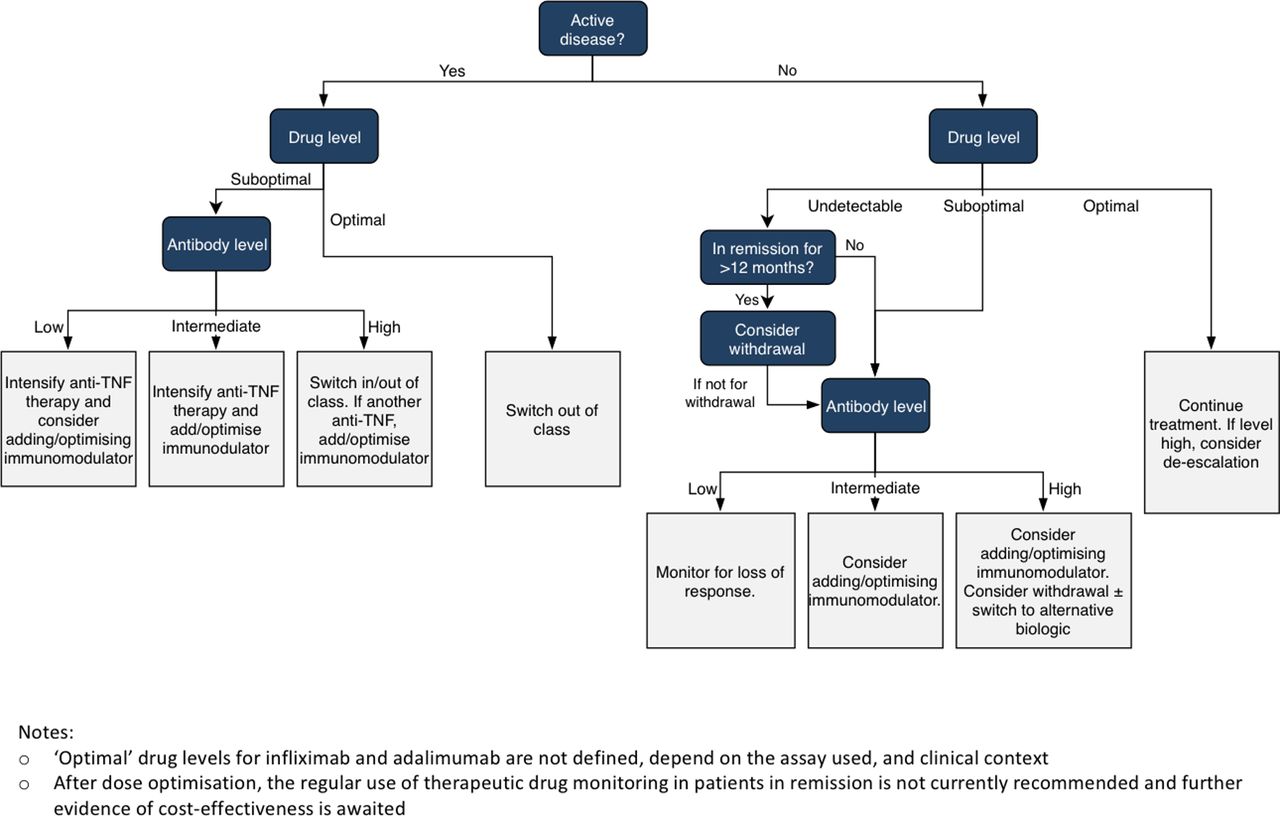
Title: Supporting IBD Patients: Three Approaches Physicians Can Use to Manage Crohn’s Disease and Ulcerative Colitis Between Appointments
Inflammatory bowel disease (IBD), which consists of Crohn’s disease and ulcerative colitis, is increasingly prevalent in the United States. Nearly three million Americans are affected by these chronic illnesses, which cause inflammation in the digestive system and lead to symptoms like stomach pain, diarrhea, fatigue, bleeding, and unintentional weight loss. Given the unpredictable and intricate nature of IBD, effective management requires continued focus—even in the intervals between medical visits. Since complications associated with IBD frequently necessitate hospitalization, prompt and proactive care is essential for alleviating healthcare pressures and enhancing quality of life.
Fortunately, physicians can assist IBD patients by encouraging them to take an active part in managing their condition through three essential strategies: symptom tracking, dietary observation, and thorough health maintenance planning.
1. Promote Continuous Symptom Monitoring
Medical consultations provide only a brief glimpse into a patient’s IBD condition. However, disease activity can vary considerably, and depending exclusively on retrospective recall or sporadic testing restricts a physician’s ability to act early. By motivating patients to consistently track their symptoms—such as bowel frequency, pain intensity, fatigue, and stool attributes—physicians can access ongoing data to inform clinical decisions.
Currently, wearable devices and digital tools are facilitating patient self-monitoring. Instruments that measure physiological indicators, combined with patient-reported outcome (PRO) assessments and regular lab examinations, have shown potential in forecasting IBD flare-ups as much as seven weeks ahead, as documented in research featured in Gastroenterology. This ability to predict allows healthcare providers to step in sooner, potentially averting disease progression and decreasing emergency room visits.
Moreover, patients who engage in symptom-monitoring initiatives that incorporate digital interfaces and risk categorization report significantly fewer hospital admissions—emphasizing how proactive tracking can revolutionize IBD management.
2. Provide Nutritional Education and Implement Food Journals
Diet plays a recognized role in the variation of IBD symptoms, but since dietary triggers differ considerably from individual to individual, customization is crucial. While researchers strive to comprehend the precise connections between diet and immune responses in IBD, several overarching guidelines offer a useful framework.
The American Gastroenterological Association suggests the Mediterranean diet for the majority of patients, highlighting whole fruits, vegetables, healthy fats, complex carbohydrates, and lean proteins, while recommending the reduction of processed foods, added sugars, and excessive sodium. However, some patients may determine that specific foods—like dairy, high-fat meals, or certain fibrous grains—exacerbate their symptoms, underscoring the importance of personal dietary evaluation.
A useful method for pinpointing food-related symptom triggers is the food diary. Whether maintained in a traditional notebook or through one of the numerous mobile applications available, a comprehensive food log can assist patients and healthcare providers in recognizing symptom trends and ensuring proper nutrition through informed dietary choices during both symptom-free times and flare-ups.
3. Offer a Comprehensive Care Checklist
Managing IBD encompasses more than just gastrointestinal symptoms. As the condition—and its treatments—can influence various bodily systems, it’s imperative for patients and their healthcare teams to approach overall health through a standardized maintenance checklist.
The Crohn’s and Colitis Foundation has created such a checklist to direct surveillance and preventive measures. It features recommendations for cancer screenings (with particular emphasis on colorectal, skin, and cervical cancers), mental health support, bone density evaluations, and nutrition assessments. IBD patients experience a notably elevated risk of anxiety and depression, which makes regular mental health disorder screenings essential to care strategies.
Vaccination is another critical consideration. Since IBD—particularly when treated with immunosuppressive medications—can compromise the immune system, patients may be more vulnerable to illnesses that can be prevented by vaccines. Physicians should consistently review vaccine histories and inform patients about the necessity of keeping up to date with immunizations, including those for seasonal flu, COVID-19, and hepatitis. This is especially crucial before commencing immunosuppressive therapy, as it enhances the efficacy and safety of vaccinations. If live vaccines are required, careful timing must be coordinated to prevent administration while on immunosuppressive medication.
Making It All Come Together: Collaboration, Technology, and Motivation
Living with IBD can impede work, education, and social interactions, with symptoms and complications often surfacing unexpectedly. To avoid disease advancement and lessen the strain on the healthcare system, physicians need to collaborate actively with patients to manage IBD in real-time, outside the confines of occasional clinic visits.
By incorporating digital tools for symptom and diet tracking, providing tailored nutritional advice, and ensuring patients have access to comprehensive preventive care, physicians empower IBD patients to take charge of their health. These actions not only help patients feel better on a daily basis—they enhance long-term results and reduce the significant medical expenses linked to unmanaged IBD.
In the end, staying connected between appointments not only improves patients’ quality of life—it fosters a healthcare system that is more proactive, informed, and compassionate for individuals living with chronic digestive disorders.
—
Written by Dr. Shamita B. Shah, Gastroenterologist
For more on tools to support IBD patients, visit: Cro